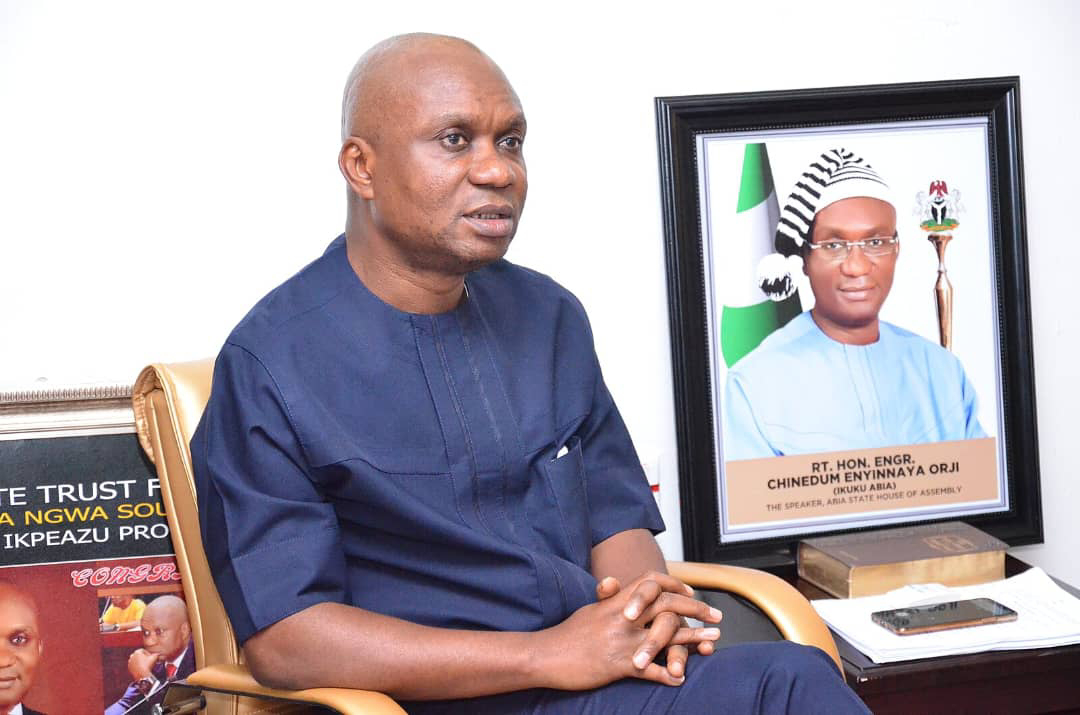Nigeria’s economic challenges are not new; they have been part of the country’s history for several decades.
This prolonged economic turbulence spans various administrations and is characterized by deeply entrenched issues that have resisted resolution. While President Tinubu inherited these challenges, the current economic conditions, particularly the surging cost of living, have reached unprecedented levels, putting significant pressure on Nigerians from all walks of life.
To understand the situation, it’s important to recognize that there are two main factors driving the current economic hardship.
The first is the remote or underlying cause—long-standing structural imbalances that have plagued the Nigerian economy for years. These systemic issues have proven resistant to various reform efforts by previous administrations. Despite multiple attempts to stabilize the economy, these deep-rooted problems have persisted, gradually escalating and exacerbating the challenges faced today. Over time, these unresolved economic weaknesses have compounded, leading to a breaking point that required the Tinubu administration to take more aggressive and far-reaching action.
The second factor is more immediate: the Tinubu administration’s radical approach to economic reforms. While these measures were designed to address long-standing problems, the implementation of these reforms has exposed a clear mismatch between the proposed solutions and the current capacity of the country’s economic structure to absorb such changes. Essentially, the Nigerian economy is not robust enough to smoothly handle the rapid reforms being implemented, which is why many citizens are experiencing significant hardship. The disconnect between the economic reforms and the structural realities on the ground is causing widespread discomfort and uncertainty.
One of the most notable actions taken by President Tinubu’s administration is the removal of fuel subsidies, a move that has had far-reaching consequences. Interestingly, this decision was not solely Tinubu’s initiative; it was a topic of intense debate leading up to the 2023 presidential elections. Virtually all the major candidates, including Tinubu, campaigned on the promise to end fuel subsidies, recognizing that the policy was no longer sustainable. The subsidy had long been seen as a burden on the national budget, and its removal was considered essential for fiscal stability. It is important to remember that while Tinubu officially declared the end of the subsidy, the groundwork for this decision had already been laid by his predecessor, President Buhari. The previous administration had deliberately omitted fuel subsidies from the 2023 budget, effectively making their removal a foregone conclusion. Tinubu’s now-famous remark, “Subsidy is gone,” merely reflected the inevitable continuation of a decision that was already in progress.
While critics have blamed the current administration for the hardships associated with subsidy removal, it is crucial to understand that this policy shift was not a matter of choice. Tinubu was left with little alternative but to follow through on what had already been set in motion. However, the rapid implementation and the lack of adequate cushioning measures to mitigate the immediate impact have understandably drawn criticism. The spike in fuel prices and its ripple effects on transportation, food costs, and overall inflation have left many Nigerians feeling the pinch. Yet, it’s important to contextualize these decisions within the broader economic landscape. The subsidy, though beneficial in the short term, had long-term negative implications for Nigeria’s economy, creating a fiscal burden that limited the government’s ability to invest in infrastructure, healthcare, and other critical sectors.
Amid these challenges, it’s essential to maintain perspective on the intentions behind these policies. President Tinubu, like any leader, has a panoramic view of the nation’s economic landscape—a vantage point that allows him to see the full scope of the country’s challenges and opportunities. This "helicopter view" provides him with insights and foresight that the general public may not have. From this elevated perspective, the president is able to see the broader picture and the potential long-term benefits of the policies being enacted, even though they may be painful in the short term.
It’s hard to imagine that any president would willfully inflict unnecessary hardship on the citizens. Instead, what seems like painful decisions today may eventually pave the way for sustainable growth and development. Often, the most difficult choices are those that lead to the greatest rewards. President Tinubu’s economic strategy, though radical, may very well be laying the foundation for a more prosperous and self-sufficient Nigeria in the future.
While many Nigerians are feeling the immediate impacts of these economic reforms, it's important to remain hopeful. Structural reforms take time to yield positive results, and the road to recovery is often marked by short-term discomfort.
However, the president’s broader vision may reveal that these tough decisions are necessary for building a stronger, more resilient economy. With time, Nigerians could begin to see the benefits of these policies as the government works to stabilize the economy, invest in critical sectors, and create an environment conducive to growth and development.
In the end, the current struggles may be the price to pay for a more prosperous and sustainable future for Nigeria.
-- Rt Hon Engr Chinedum Enyinnaya Orji FNSE, FNICE was the Speaker of 7th Abia State House of Assembly





0 Comments